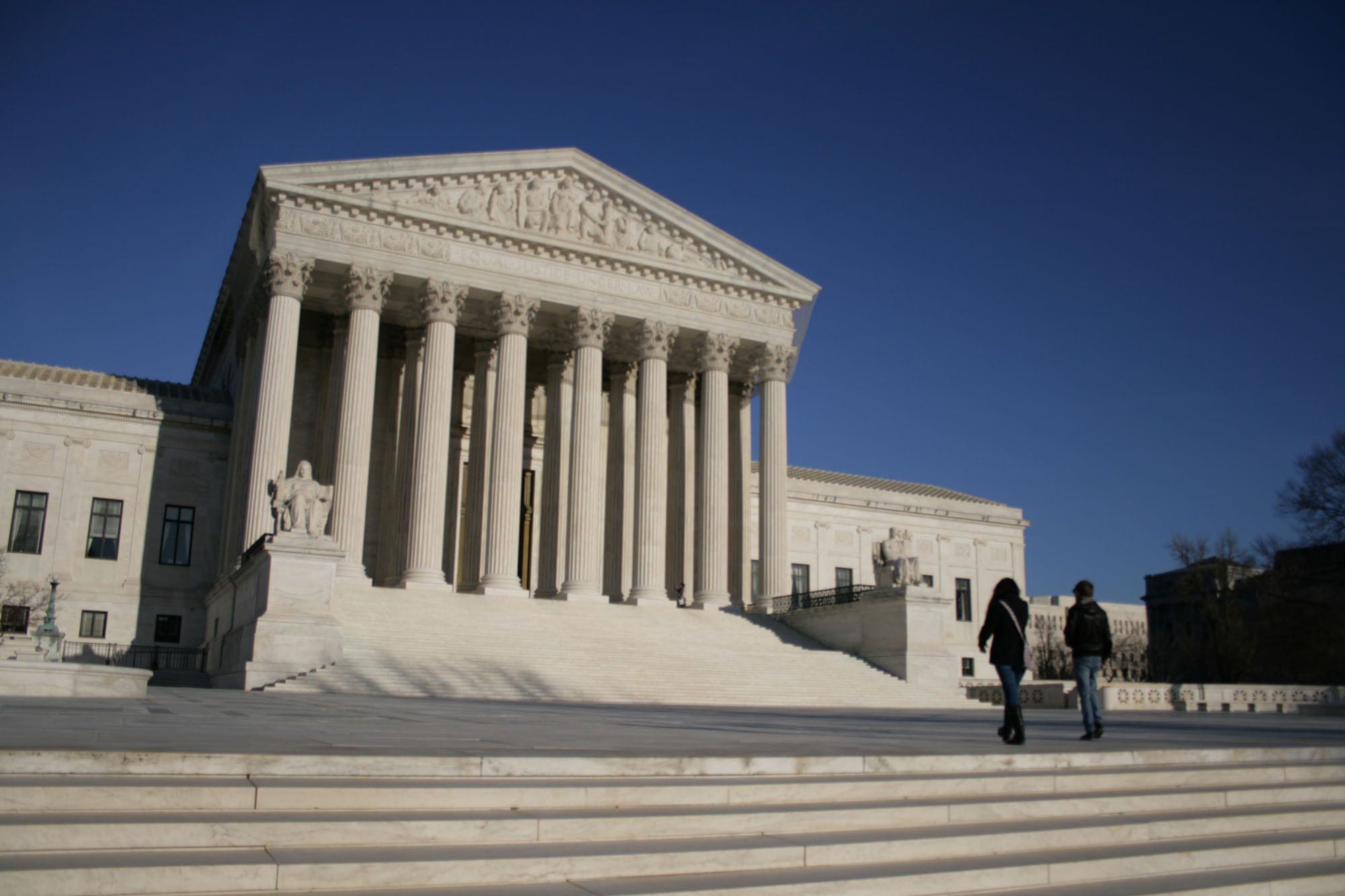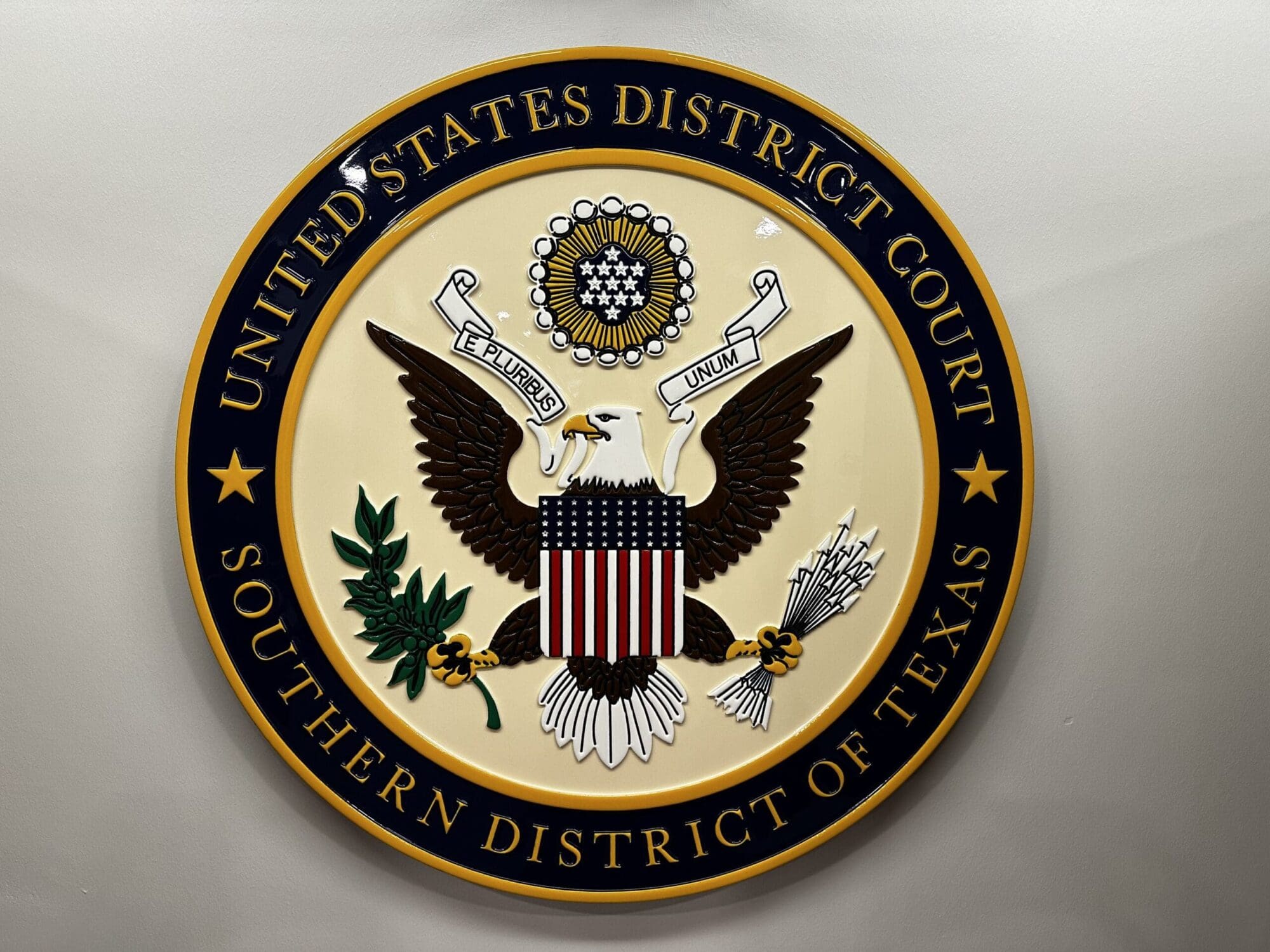Texas’ Senators John Cornyn and Ted Cruz have filed an amicus brief urging the U.S. Supreme Court to take up a case against the Texas Ethics Commission, warning that Texas’ lobbying laws pose a serious threat to core political speech protected by the First Amendment.
The case dates back to 2014, when the Texas Ethics Commission fined Michael Quinn Sullivan, as the former president of Empower Texans, $10,000 for allegedly acting as an unregistered lobbyist. The Commission ruled that Sullivan’s outreach to lawmakers—including publishing a scorecard that graded legislators on their fiscal votes—required him to register under Chapter 305 of the Texas Government Code. Sullivan argues that his actions were protected political speech, not lobbying.
In their brief, Cornyn and Cruz argue that the TEC’s enforcement of the law burdens core political speech and that the time has come for the Supreme Court to provide clarity on how lobbying regulations should be reviewed when they implicate First Amendment rights.
“Political speech is the primary object of First Amendment protection and the lifeblood of a self-governing people,” the brief states, quoting prior Supreme Court rulings.
The senators urge the Court to resolve ongoing confusion among lower courts about what level of constitutional scrutiny should apply to laws like Texas’ lobbying statute. They argue that strict scrutiny—the highest level of judicial review—is appropriate when the law affects political advocacy by ordinary citizens.
Courts apply different levels of “scrutiny” when deciding whether a law that burdens constitutional rights—like free speech—is allowed. Strict scrutiny is the highest standard, requiring the government to prove that the law serves a compelling interest and is narrowly tailored. Lower levels of scrutiny, like intermediate or exacting scrutiny, are less demanding and easier for the government to meet.
The senators argue that strict scrutiny should apply, since the law directly affects core political speech. Without clarity, they warn, courts will continue applying inconsistent standards that leave citizens’ rights uncertain.
“Without clear precedent from this Court, lobbying restrictions that impact political speech could have a chilling effect on Americans’ ability to interact with their elected officials,” the senators wrote.
The filing from Cornyn and Cruz adds to a growing list of amici supporting Sullivan’s petition, including the Texas Home School Coalition, the Cato Institute, the Foundation for Individual Rights and Expression (FIRE), the Manhattan Institute, and Texas Attorney General Ken Paxton.
Tony McDonald, a free speech attorney representing Sullivan, welcomed the senators’ brief.
“We are grateful that Senators Cornyn and Cruz, like Attorney General Paxton and other amici, have recognized that citizens’ First Amendment rights are precious and must not be infringed by a rogue state agency,” McDonald said.
The Supreme Court has not yet announced whether it will hear the case. A decision to take it up could clarify how far states can go in regulating political engagement—and whether citizens must register with the government and pay a fee just to speak with their elected officials.





